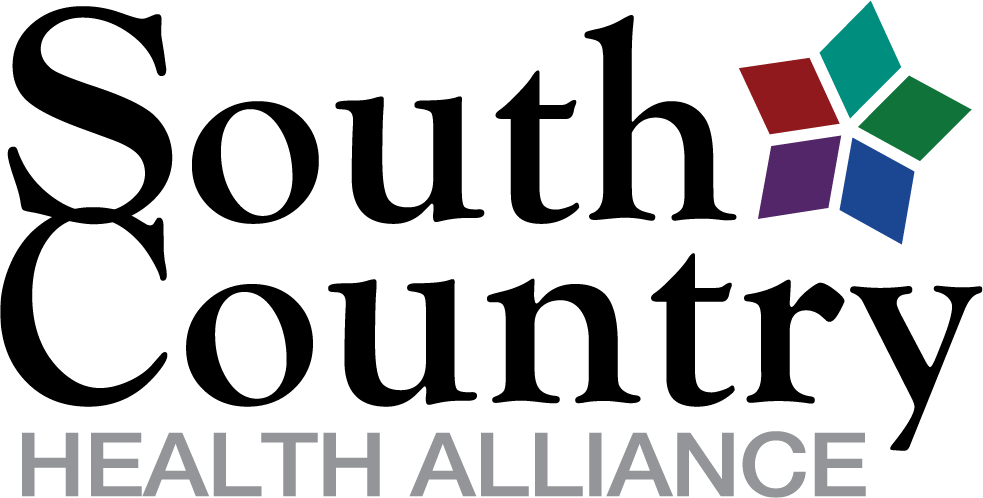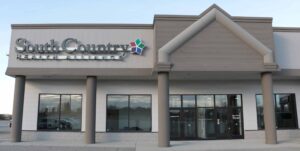MEDFORD, Minn., Nov. 1, 2022 — South Country Health Alliance, a county-based purchasing health plan that serves nine rural Minnesota counties, convened stakeholders recently as part of its ongoing efforts to provide updates and get input to continue to best serve its members and communities. More than 30 people participated in the event, including providers, local organizations and county staff.
“As a county-based purchasing health plan, we focus on our partnerships with community services and local health care providers to meet the needs of our members,” said Leota Lind, SCHA’s CEO. “It is important to convene our stakeholders to get their perspectives so we can continue to advance our efforts.”
South Country staff provided updates about its senior and special needs programs, benefits and quality initiatives. Participants had the opportunity to ask questions and provide input throughout the meeting.
South Country convenes its rural stakeholders twice per year. In addition, the health plan has a Member Advisory Committee to get the insights and perspectives of its members, their family members and advocates.
Additional information about the organization’s Rural Stakeholders’ Group and Member Advisory Committee can be found on the South Country website: South Country Health Alliance (mnscha.org).

